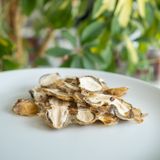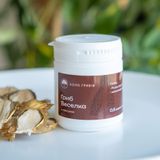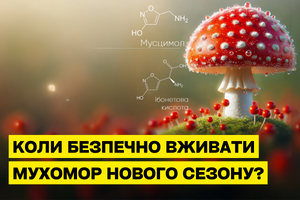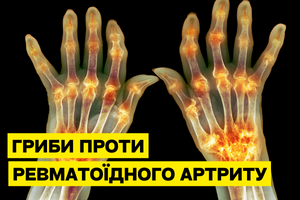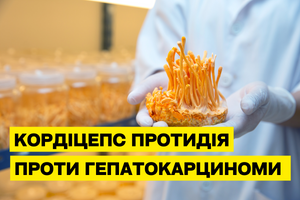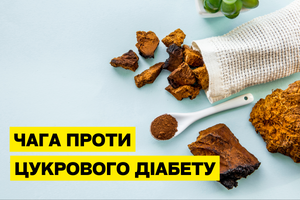Phallus impudicus. Myths about Treating Male Fertility
For many centuries, the fungus Phallus impudicus was considered a miraculous remedy for treating male infertility in folk medicine. Our ancestors believed that this fungus could increase male libido and even restore fertility, i.e., the ability to conceive children. People used it in the form of tinctures, extracts, or even simply as part of their diet to improve the health of the reproductive system. But does this fungus truly possess the magical properties that our ancestors believed it had?
Modern Scientific Research
Recently, a group of scientists from Poland and Ukraine conducted a detailed study on the impact of Phallus impudicus extract on male fertility. The study was conducted in 2020 at the University of Rzeszow (Poland) and the National University of Veterinary Medicine and Biotechnologies in Lviv (Ukraine). The purpose of the study was to verify whether Phallus impudicus truly has a positive effect on male fertility, as believed for centuries.
The scientists studied how the extract of the fungus affects spermatogenic cells (GC-1 spg and GC-2 spd) — these are the cells from which sperm are formed. The research was conducted in laboratory conditions (in vitro) to determine how the fungus specifically influences the health of these cells.
Debunking the Myths
The results of the research turned out to be very different from what folk medicine advocates expected. Scientists found that Phallus impudicus extract does not improve fertility, but rather may negatively affect the health of male reproductive cells. It was revealed that when in contact with the fungus extract, the cells responsible for spermatogenesis showed DNA damage, which can lead to cell cycle arrest, disruption of their development, and even cell death.
It was also discovered that after treating the cells with a 3% Phallus impudicus extract, significant changes in the shape of the cells were observed, depending on the duration of exposure. The differences between healthy cells and the treated cells became even more pronounced after 96 hours of incubation.
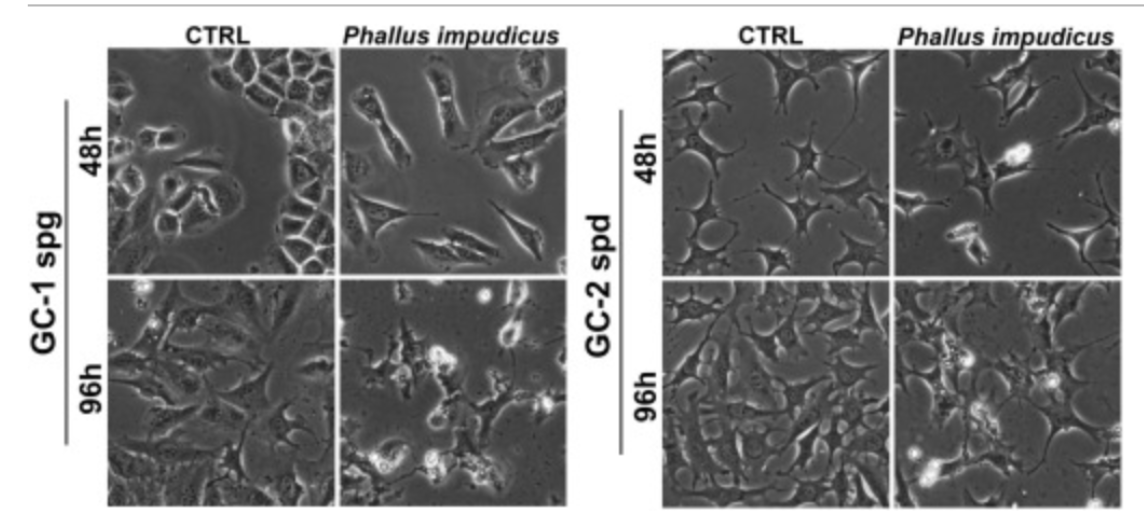 Fig. 1. Morphological changes in spermatogenic cells mediated by Phallus impudicus. The cells were treated with 3% alcohol extract of Phallus impudicus for 96 hours, and morphological disruptions were monitored every 48 hours. Representative images are shown. Objective magnification 10×.
Fig. 1. Morphological changes in spermatogenic cells mediated by Phallus impudicus. The cells were treated with 3% alcohol extract of Phallus impudicus for 96 hours, and morphological disruptions were monitored every 48 hours. Representative images are shown. Objective magnification 10×.
This is because the Phallus impudicus fungus causes the accumulation of reactive oxygen species (so-called "free radicals") in the cells, which destroy DNA and other vital molecules in the cells. As a result, the cells cannot divide normally and form healthy sperm, leading to decreased fertility. The study also showed that the fungus may promote apoptosis (programmed cell death) in the cells responsible for spermatogenesis.
We want to emphasize that the study was conducted on male cells, not volunteers. Moreover, the study does not provide data on how quickly the spermatogenesis process might recover after discontinuing the effects of Phallus impudicus. So, while Phallus impudicus has strong antiviral, antitumor, and immunomodulatory effects, please consider its impact on men when choosing treatment with this fungus.
You can always purchase medicinal mushrooms in our store.
For each client individually, we draw up instructions according to his indicators and requests
Monthly Course:
- Phallus whole 100 g - $30
- Phallus caps 120 capsules - $30
- Extract of Phallus caps 90 capsules - $46
Other articles on the topic:
Contact us:






